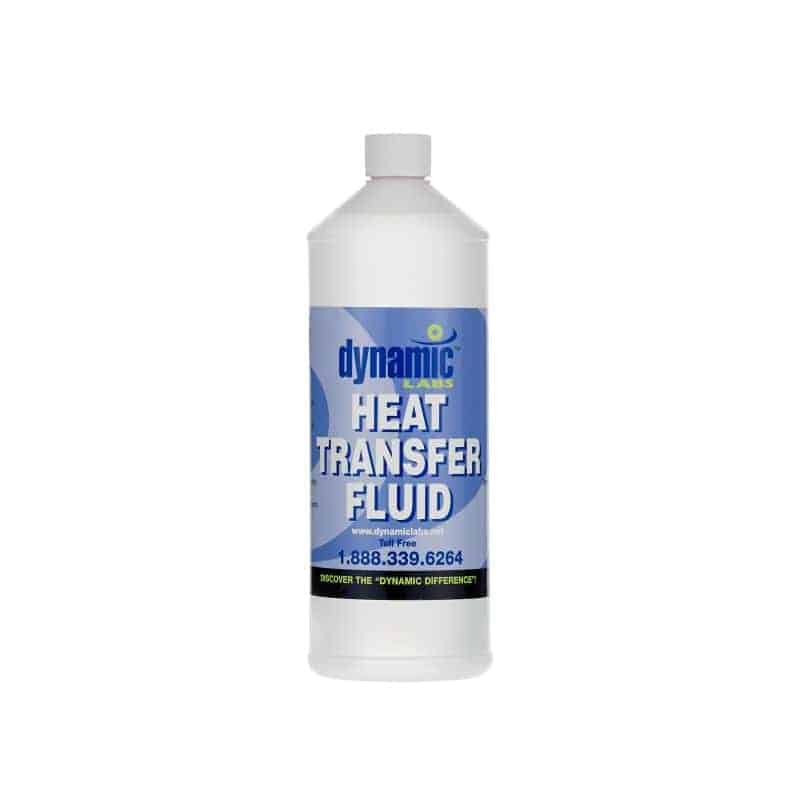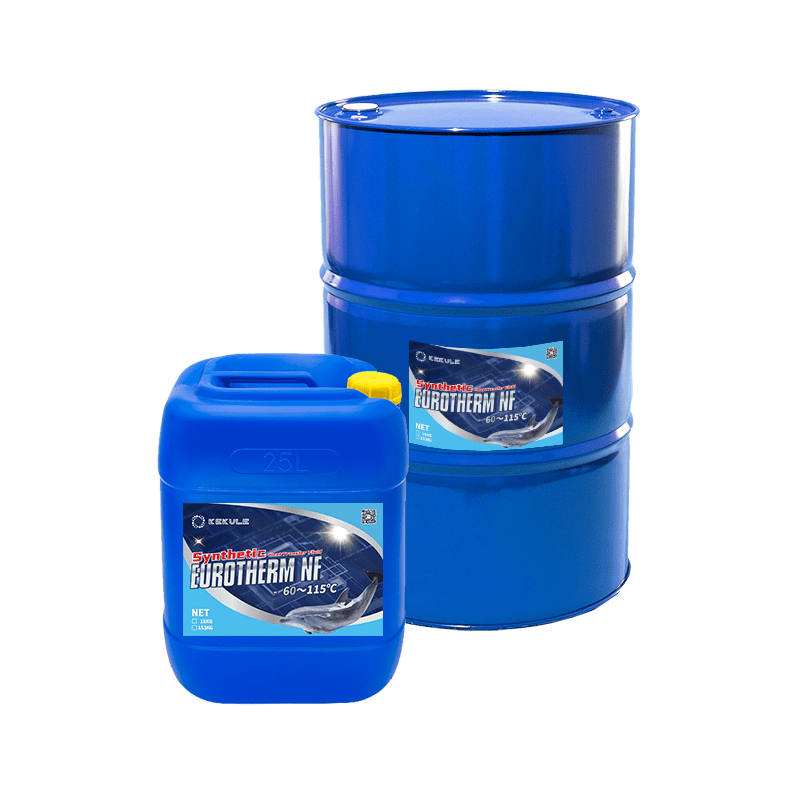Understanding Heat Transfer Fluid: Essential Uses and Importance for Processing Systems
Wiki Article
Maximize Your System's Life expectancy With the Right Heat Transfer Fluid
Picking the proper heat transfer fluid is essential for enhancing system efficiency and longevity. The ideal fluid not only enhances thermal efficiency however also reduces potential damage on crucial elements such as pumps and heat exchangers - heat transfer fluid. Recognizing the different sorts of heat transfer fluids and the specific demands of your application can substantially influence the overall wellness of your system. Yet, lots of neglect essential variables that might make a considerable distinction. What factors to consider might you be missing that could inevitably affect your system's efficiency?Significance of Heat Transfer Fluids

Additionally, warm transfer liquids add to the safety and integrity of thermal systems. In addition, the best warmth transfer fluid can provide security versus corrosion and scaling, further expanding the life-span of equipment and infrastructure.
Kinds Of Heat Transfer Fluids
Numerous types of heat transfer fluids are typically used in commercial applications, each customized to specific operational requirements and temperature level arrays. The most common classifications include water, oils, and specialized artificial fluids.Water is typically used as a result of its excellent thermal conductivity and schedule; nevertheless, its restrictions emerge at heats and prospective freezing problems. For higher temperature applications, thermal oils, such as mineral oils or organic compounds, are used. These oils supply superior thermal security and can run properly at elevated temperature levels, making them appropriate for processes like food processing and petrochemical production.
Artificial fluids, which can be either organic or inorganic, are designed to meet details performance criteria. They frequently exhibit enhanced buildings such as reduced poisoning, broad temperature level ranges, and resistance to oxidation. Examples consist of glycols and esters, which are suitable for specialized applications like solar thermal systems and heat exchangers.
Additionally, refrigerants are utilized in cooling systems, leveraging their phase modification residential or commercial properties to take in and launch warmth effectively. Each sort of warmth transfer liquid offers distinctive benefits and is picked based upon the particular needs of the application, making certain ideal efficiency and system long life.
Aspects to Consider When Picking
Picking the ideal warm transfer liquid involves cautious consideration of a number of aspects to guarantee ideal efficiency and system performance. Among the primary variables is the temperature level range needed for the system. Liquids differ in their thermal stability and can shed or decompose effectiveness outside specific temperature limitations.An additional vital factor to consider is the liquid's thickness, as it influences pump efficiency and energy usage. A fluid that is too thick might prevent circulation and boost operational costs. Additionally, the fluid's details warmth capacity plays a crucial duty in identifying just how effectively it can move heat.
Chemical compatibility with system materials is additionally vital to prevent rust, Read Full Article destruction, or leakages - dielectric cooling fluid. Making sure that the picked liquid is compatible with the building and construction products can prolong the life-span of the system

Advantages of Correct Fluid Option
Correct choice of a heat transfer fluid yields significant benefits for system efficiency and integrity. The best fluid enhances thermal conductivity, guaranteeing ideal warm transfer rates within the system. This effectiveness decreases power intake, leading to lower operational costs and a lowered environmental impact.
In addition, appropriate liquid choice adds to system longevity by preventing corrosion and degradation of parts. Liquids formulated with rust inhibitors secure steel surfaces, thus extending the life-span of pumps, pipelines, and warmth exchangers. Furthermore, picking a fluid with suitable viscosity ensures efficient blood circulation, which is critical for preserving constant temperature level circulation throughout the system.
Another important benefit is the fluid's thermal security. A secure warmth transfer fluid can operate over a large temperature range without breaking down or shedding efficiency, which is crucial for see here now systems revealed to fluctuating thermal conditions. The best liquid can likewise mitigate dangers associated to cold or boiling, thereby avoiding functional interruptions.
Upkeep Tips for Durability
Ensuring the durability of a heat transfer system calls for diligent upkeep techniques that enhance the advantages of proper liquid selection. Regular examinations are crucial to determine potential leakages, rust, or debris accumulation that could compromise system effectiveness. Develop a routine schedule to analyze pipeline stability, links, and fittings, as these locations are frequently at risk to tear and use.
Monitoring liquid degrees and top quality is equally important. Consistently examine for signs of contamination, such as discoloration or particle matter, which can show degradation of the warm transfer fluid. Applying routine fluid evaluation can give understandings right into its chemical buildings, permitting prompt replacements when needed.
Furthermore, preserving optimum operating temperature levels is vital. Encourage the use of temperature controls and sensors to stay clear of overheating, which can increase liquid degradation and damage system parts.
Finally, always abide by the maker's guidelines regarding liquid replacement intervals and maintenance protocols. By committing to click to find out more these ideal methods, you can significantly boost the functional life expectancy of your warmth transfer system, making sure reputable efficiency and minimizing the demand for costly fixings or early substitutes.
Verdict
To conclude, the choice of an ideal warmth transfer fluid is essential for improving system performance and longevity. By comprehending the numerous kinds of liquids and thinking about crucial aspects such as thermal conductivity and corrosion resistance, ideal performance can be accomplished. In addition, routine upkeep and examinations play an important role in sustaining operating problems. Prioritizing these elements makes sure the extended life-span of crucial elements, inevitably contributing to a more reliable and trustworthy system.Warm transfer fluids play a crucial role in numerous industrial and industrial applications by promoting the reliable transfer of warmth between surfaces.Furthermore, warm transfer liquids contribute to the security and integrity of thermal systems. Furthermore, the fluid's certain warm capability plays a vital role in determining how efficiently it can transfer warmth.
The appropriate liquid improves thermal conductivity, ensuring optimum warmth transfer prices within the system. A steady warmth transfer fluid can run over a broad temperature level range without damaging down or shedding efficiency, which is vital for systems exposed to fluctuating thermal conditions.
Report this wiki page